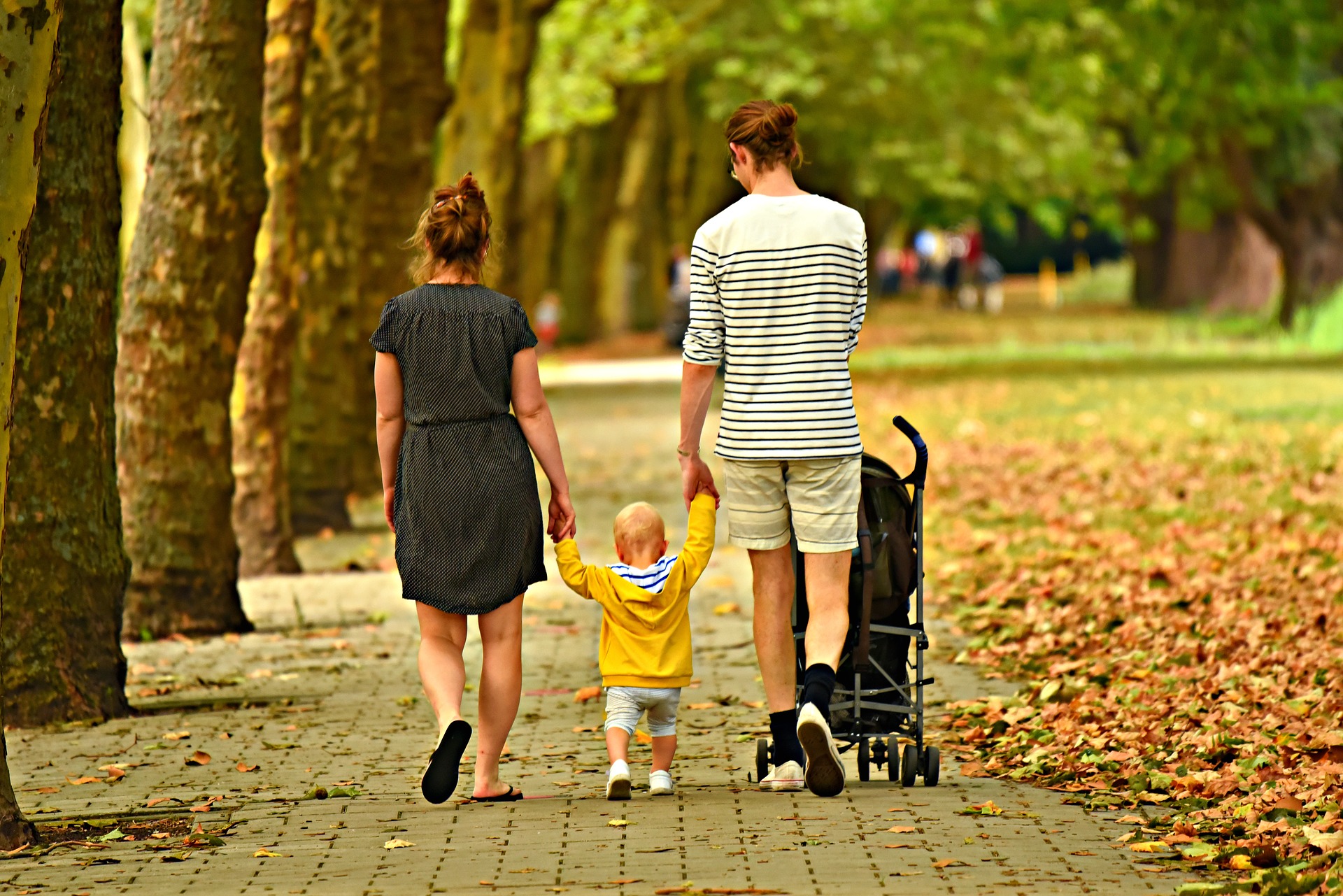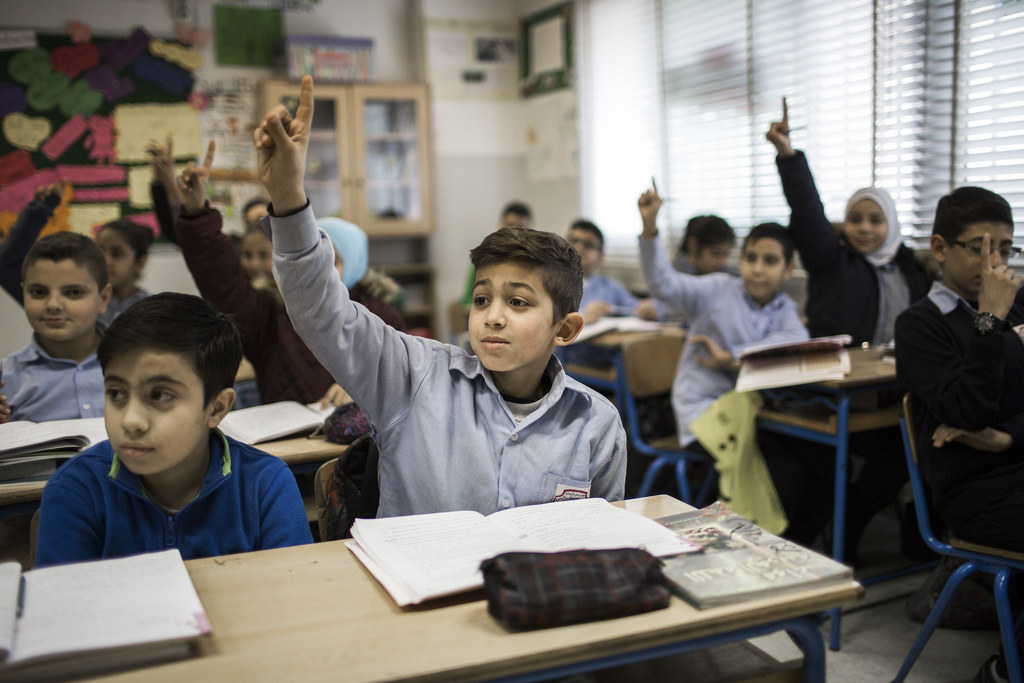The Home Office is making an enormous £24m profit each year by charging an extortionate fee to process the citizenship applications for children of migrant parents who were born or grew up in the UK, a freedom of information request has found.
The shocking statistic was uncovered by campaign group Citizens UK and released to coincide with an official watchdog report recommending the fees be scrapped for destitute families and returned if an application fails.
The fees apply primarily to children born in the UK or who have lived in the country for ten years continuously, but whose parents are migrants without citizenship or settled status. While children in this situation are entitled to claim citizenship, they are not given it automatically at birth like the children of British citizens or settled migrants and instead must pay to go through the application process.
By charging £1,012 per application, which is £640 above the processing costs, the government is making around £500,000 a week, or £71,429 a day, through this system. Meanwhile, some parents say they are having to choose between saving to pay the fee and making rent or buying food for their families.
If children do not get citizenship they face a limited and precarious future in the country. They may be barred from attending university, risk missing out on jobs and could even have their right to live in the UK revoked and face deportation to a country that, in some cases, they may never have visited.
While it is almost impossible to take away someone’s citizenship, indefinite leave to remain can be rescinded if someone commits a crime or travels outside the country for too long.
This means there are frequent cases of people who identify as British, that only speak English, who have gone to school and built their whole lives in the UK, yet are being detained and sometimes deported to a country they have never visited. Often countries where they don’t know anybody and don’t speak the language.
Right To Family Life
 Image via Pixabay
Image via Pixabay
Under the European Convention on Human Rights, there is a human right to private and family life. This right takes effect in UK law through the Human Rights Act.
In this context, the word ‘family’ includes the close connection between parents and children. But the right goes further than that, in theory protecting close ties to loved ones and also “a person’s social identity” – all things someone who has lived in the UK since birth or early childhood is very likely to have within the country.
Citizenship in itself has also previously been successfully argued to be part of someone’s social identity. In 2016, a man named Mr Johnson successfully appealed against deportation on the grounds that he had a right to citizenship. Mr Johnson was born in Jamaica in 1985 to a Jamaican mother and British father who were not married. He moved to the UK when he was four and had lived in the country ever since.
According to UK law, someone who is born outside the UK after 1982 is a British citizen if one of their parents is British. However, up until 2006, a “parent” in this context did not include a father of a child if he was not married to the child’s mother. So although Mr Johnson was entitled to citizenship he would have had to apply for it and pay the fees.
As an adult, Mr Johnson was convicted of a string of offences and in March 2011 the government wanted to have him deported as a foreign criminal as he was not a British citizen.
Mr Johnson appealed this on the basis that for him to be denied citizenship was discriminatory given that people born in his situation would now automatically be granted citizenship. If he were to be granted citizenship it would not be possible for the government to automatically deport him.
The case made it all way up to the Supreme Court where it found in Mr Johnson’s favour. It was held that denial of citizenship is a sufficiently important part of “a person’s social identity” – that it forms part of their private and family life.
However many other people are not as successful as Mr Johnson and are deported despite arguing a right to private and family life, with the British immigration system regularly separating families and removing people with a long history in the country, as the Windrush scandal recently demonstrated.
Discriminatory Fees
 Image via Unsplash
Image via Unsplash
While in theory destitute families can technically apply for a fee waiver, in practice 70% of requests are denied, Citizens UK found, and all fees are non-refundable, regardless of the application outcome.
In its official report, the Independent Chief Inspector of Borders and Immigration (ICIBI) has recommended the Home Office carry out a full review of the fee-waiver process and has said the government should publish information on the negative social and equality impact of the Home Office’s fees policy.
While some campaigners argue that every child born in the UK should be given citizenship automatically, as is the case in the US and around 30 other countries worldwide, a higher priority right now is reducing the fees.
Campaigners believe that as being able to obtain citizenship is dependent on being able to pay a vast fee, with the amount has risen steadily since 2010 under “hostile environment” policies, there is an enormous injustice at work. Citizens UK found last year that British child citizenship fees are the highest in the EU-15 group of European countries and 10 times higher than in France, Spain, Denmark, Sweden and Belgium.
Immigration lawyer Colin Yeo told the Independent the high fees would have “disastrous consequences” for children later in life.
He said: “Charging children high fees to become British citizens obviously risks excluding some of them on the basis of their parents’ income. This is so obviously unfair, it is really hard to understand why the Home Office has adopted this policy.”
Meanwhile, Solange Valdez-Symonds, director of the Project for Registration of Children as British citizens (PRCBC), an organisation working with Amnesty International UK to seek a judicial review of the fees, said the charges “destroy the futures of children who’ve grown up British for profit”.
She added: “The futures of these children are slowly and silently being chipped away. Such barefaced profiteering from children by the Home Office is utterly shameful.”
On Thursday, child citizenship charges were described as the Home Office’s “new Windrush scandal” in a letter to the Guardian signed by a range of charities including Coram, the Runnymede Trust, a number of headteachers and Citizens UK.







